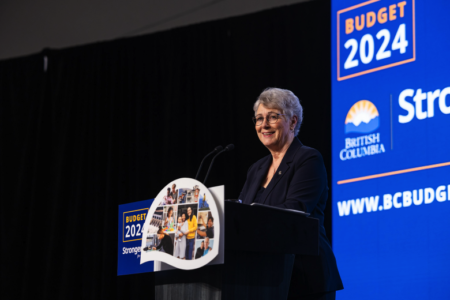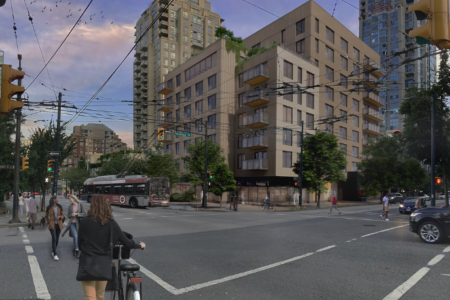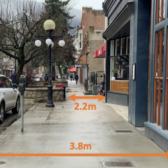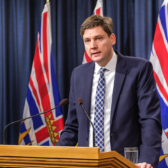The song remains the same: 2016 provisional police budget calls for creation of three new positions
It’s déjà vu all over again.
With a pending decision on the Nelson police board’s 2015 budgetary appeal still forthcoming at the end of this month, the board’s powers-that-be delivered their 2016 budgetary wish list Monday afternoon in council chambers.
And it did not deviate from the 2015 request — a submission subsequently denied by council and then appealed to the province by the police board — for two extra officers and one additional administrative coordinator position.
It was to be expected the police board would keep the ante the same in their 2016 provisional budget, with the province’s director of Police Services, Clayton Pecknold, expected to hand down a decision in two weeks on the NPD’s original request from last year.
And it did not disappoint. Nelson police board members Roger Higgins, Barb Henry and Robert Goertz were joined by NPD chief constable Wayne Holland and deputy chief constable Paul Burkart in delivering the 2016 provisional budget.
“What we need in 2016 is consistent with our need in 2015,” said Burkart.
In its written presentation to council, the board noted that “the findings of the review will guide both the police board and Nelson city council in the resolution” of the matter regarding three additional personnel. In anticipation of a decision, the board delivered to council a status quo budget relative to the 2015 request.
A consultant hired by Pecknold to author a review of the NPD’s request filed his report at the end of October.
Peter Lapine’s final audit findings examining police staffing in Nelson was delivered and subsequently reviewed by Nelson city council and the Nelson police board last week, with final comments by both groups on the findings being submitted back to the province last Friday.
Pecknold is expected to make a decision by the end of November and, if he rules in favour of the police board request, it could cost Nelson taxpayers over $300,000 for the new positions — amounting to a four per cent rise in property taxes.
“(But) that process is a confidential one at this time and is ongoing,” the police board wrote in its report to council.
Last Friday Mayor Deb Kozak — who is also the chair of the police board — refused to comment on the police audit, despite saying earlier council and the board would both be releasing statements on the review once it had a chance to absorb the findings.
“No comment at this time,” she said on Friday. “We are in the process of finalizing our responses to the report and will wait for the director’s response to all of us. We’ll have more to say at that time.”
As it stands, the NPD’s approximately $4-million budget makes up 22 per cent of the city’s budget.
However, the police have not added any officers in over 20 years and chief constable Holland has explained to council that the workload for NPD officers — particularly the handling of mental health cases — has increased in the last few years.
In compliance with the B.C. Police Act, the Nelson police board is required to have an approved provisional police budget for 2016 by November 30, 2015. However, the board submitted its provisional budget for receipt but not approval on Monday afternoon — approval being pre-empted by the pending decision.
Even so, the 2016 police board budget ultimately requires council’s approval, a decision that will be forthcoming during the city’s annual five-year financial planning process — a process that it currently underway and will conclude in March.
During pre-budget talks last fall city council denied a request by NPD for an additional $311,000 to the police budget to cover the cost of two additional officers and an administrator.
The police review began when the Nelson police board voted to appeal to the province, under a rarely used provision of the B.C. Police Act, city council’s decision to deny the extra funds.
Kozak said the city has the unique honour of being the only municipality to call for this sort of process. Typically, police boards and municipal councils work their differences out before it arrives at that stage.
Pecknold’s decision will be a legal directive which city council must adhere to, said Kozak, under the auspices of the B.C. Police Act.


























